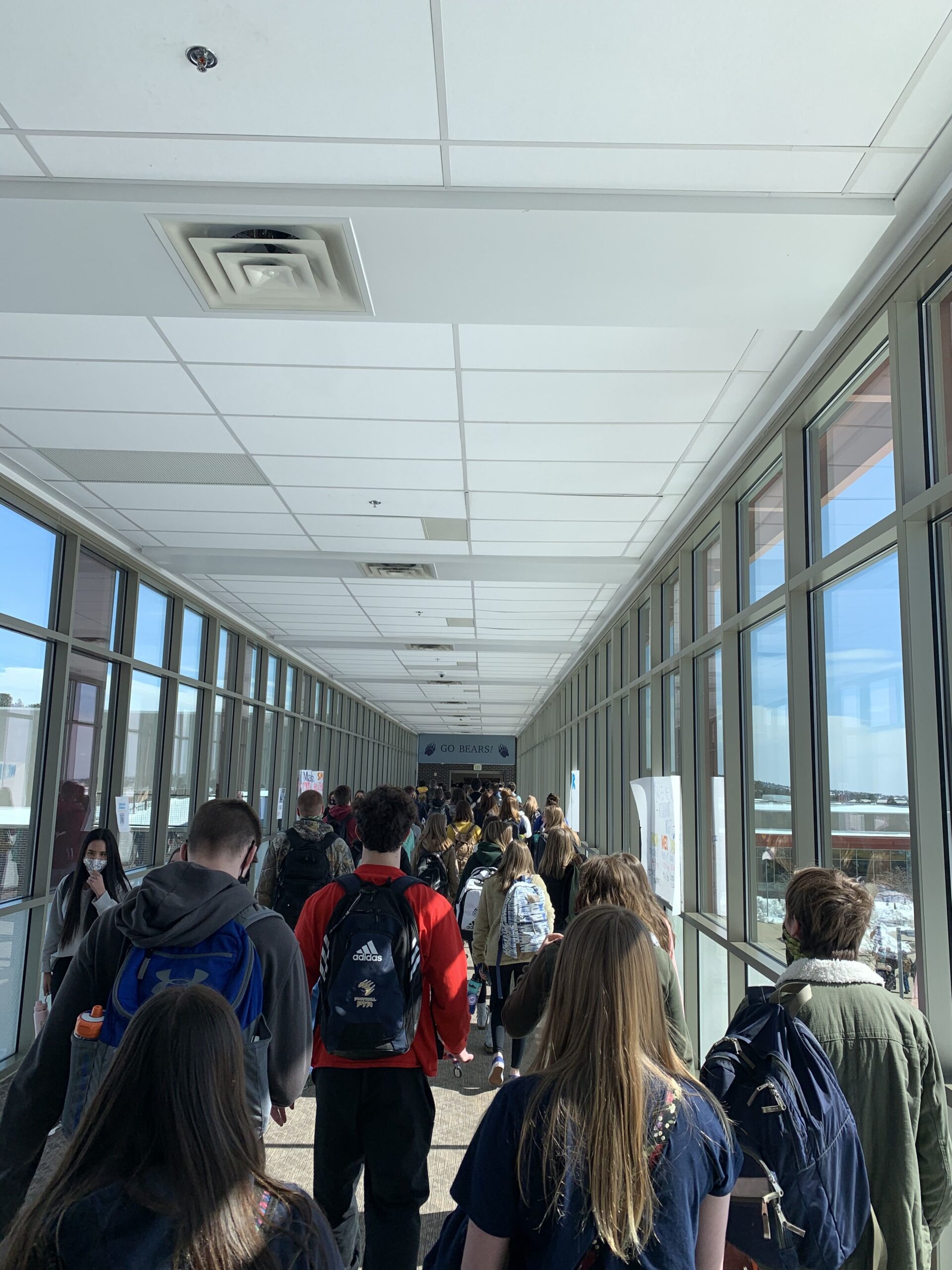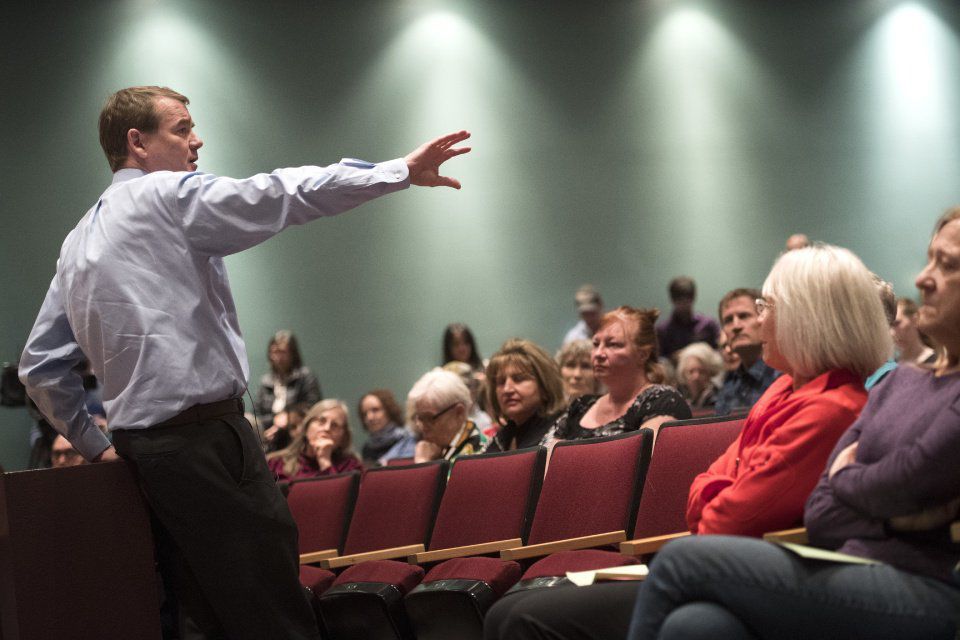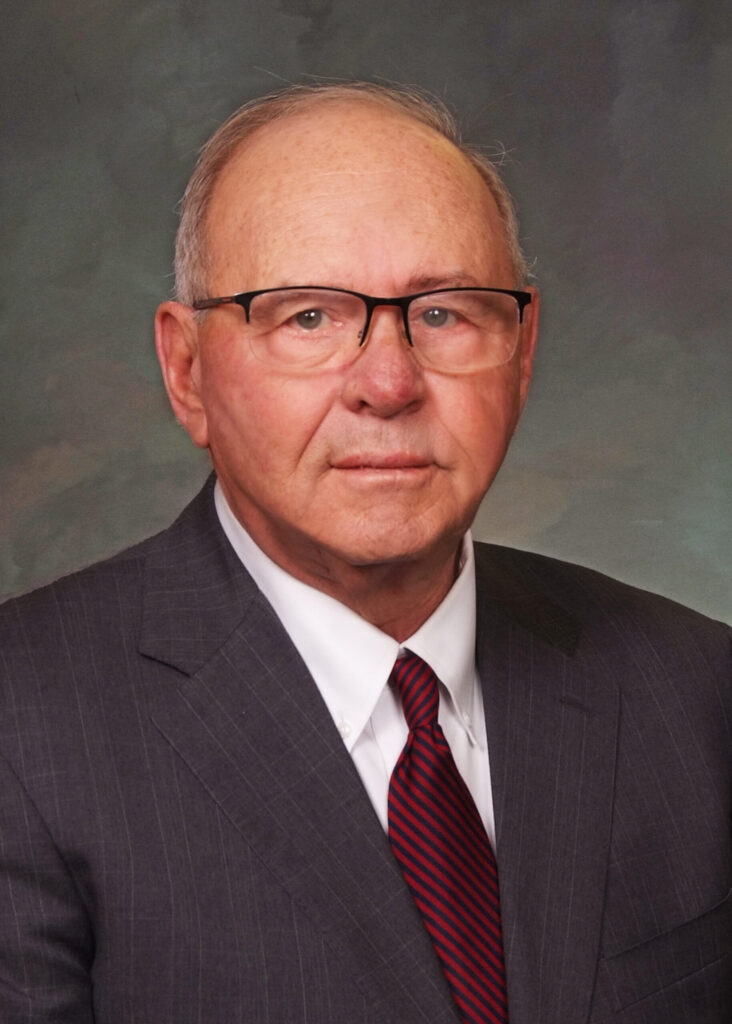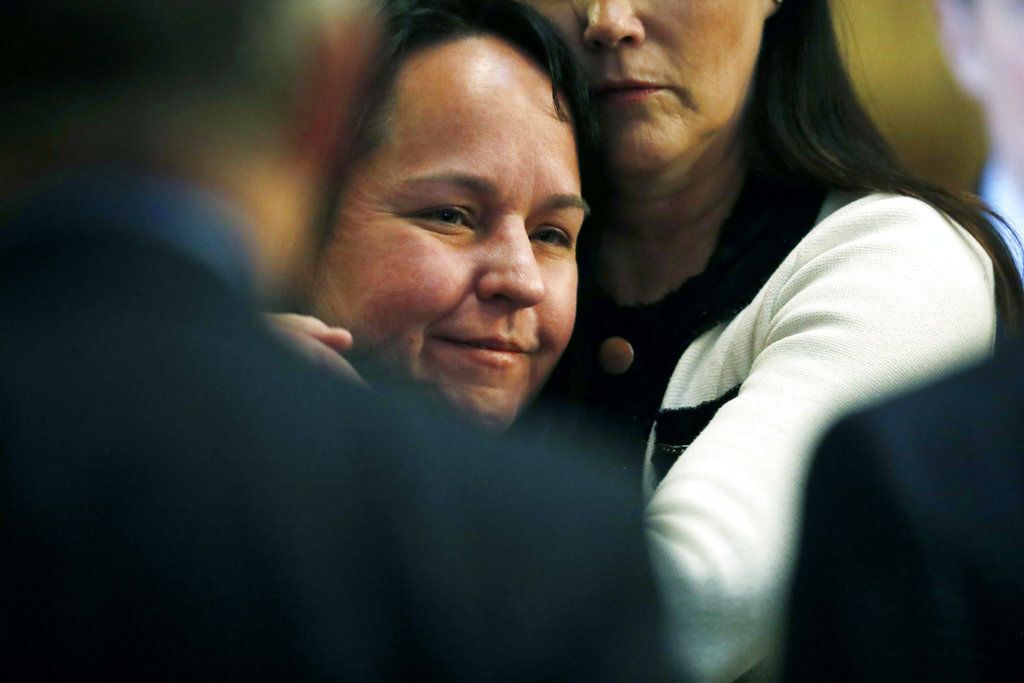Podcasters flirt with ethics of picking winners and losers among Colorado’s students | NOONAN

Podcasters beware. You may want to keep your inner thoughts to yourself. When you share them, someone may be listening.
Alan Gottlieb of Boardhawk and former publisher of the education journal Chalkbeat, and his sidekick, Alexis Menocal Harrigan, have produced podcasts on the current Denver Public School board elections. Despite Gottlieb’s background as a journalist, he is not a disinterested observer. Menocal Harrigan is even less so.
Their Oct. 10 podcast features just the two of them, with Menocal Harrigan excoriating incumbent DPS candidates. She’s a former school-board candidate herself and activist with Denver Families Action, the campaign finance committee for the ironically named Denver Families for Public Schools. Denver Families Action spent $950,000 on its winning candidates in 2023. It has endorsed four non-incumbent candidates for this year’s election. DPS board incumbents Scott Esserman, Xóchitl Gaytán and Michelle Quattlebaum should watch out — that $950,000 from billionaire out-of-state interlopers is coming their way to defeat them.
Menocal Harrigan comments on complaints about billionaires funding school board campaigns in her long peroration on the current election. “I don’t know how much the average voter cares,” she said. “I consider myself a radical progressive… Philanthropists do good work.” Most moderate and progressive Democrats consider $950,000 in dark money for school-board elections problematic. The contributions harken to the U.S. Supreme Court decision on Citizens United that gutted campaign finance laws in 2010.
The philanthropists in this case are Reed Hastings of Netflix from Santa Cruz, California, and John Arnold, a Texas oil-and-gas investment winner. Both Hastings and Arnold have contributed large amounts of cash to the charter-school movement in Colorado where men like Gov. Jared Polis, U.S. Sens. Michael Bennet and John Hickenlooper and Denver Mayor Mike Johnston have welcomed their intrusions.
While praising these wealthy White billionaires, Menocal Harrigan heaps disparagement on other Democrats, especially White men whom she labels as “old, male, pale, and stale.” These old White men “uphold the status quo and the union (DCTA) claiming to be progressive and good Democrats,” but they need to know “when to step aside and back away and let women lead.”
According to Menocal Harrigan, there aren’t enough women of color as leaders of DCTA or as teachers in the Denver schools. Denver works to hire teachers from our southern neighbors but is hampered by immigration rules. President Donald Trump’s recent $100,000 price tag on bringing in teachers from other nations won’t help. Recruiting teachers of color is a national problem facing all school districts.

Gazette File
Menocal Harrigan is also concerned about a recent Chalkbeat article citing mostly young, immigrant Latinas who worked for Mariana del Hierro, candidate for DPS District 2. These employees assert del Hierro made them feel “overworked, undervalued, and afraid to make mistakes” because they might get fired. One employee, Mayra Olivas, said del Hierro “takes advantage of our vulnerability.”
Menocal Harrigan questions who is behind del Hierro’s employees’ claims, stating there are “puppet masters behind the scene.” Menocal Harrigan also claims “people who work for women of color are more willing to be vocal about women leaders of color.” These employees, Latinas all, “make a mountain out of a molehill.” Menocal Harrigan’s comments may fit the definition of condescending at best, dismissive at worst.
Gottlieb, who is an old White male, has some interesting observations about DPS achievement gaps between minority children and White children. He notes the one period of time when the achievement gap got smaller occurred during Denver’s busing decades from 1973 to 1996. “School integration works,” Gottlieb says, “and busing does shrink the achievement gap.” He recognizes integration isn’t on anyone’s current agenda. “This raises fundamentally difficult questions as to whether urban education can succeed.”
Segregation has increased in Denver, with charters supporting that trend. Both Rocky Mountain Prep and Kipp charters show an average of 85% of their students across their networks are minority. University Prep schools average 51% Hispanic and 39% Black students. DSST schools average 60% Hispanic and 22% Black students. Their free-and-reduced-lunch students track minority status.
These facts lead Gottlieb to this speculation: “What if public education can’t work for everyone because public education is only one part of the problem?” After noting that obvious observation, he follows this logic: “If the only conclusion you can draw is that really excellent schools and really brilliant teachers can only improve the life prospects of a handful of individual kids, does that make the whole thing worth it even if the system as a whole is failing a large number of kids?” He adds, “You need to just get the kids who need it the most the education wherever that is, and if that ends up being a private school with a scholarship funded by taxpayers, then that’s the way it is. Helping the prospects of some kids is more important than not helping the prospects of any.”
As Gottlieb must know, finding those select few kids to improve their prospects is fraught with ethical difficulties. Leaving unselected students to their failed state would be the future, apparently.
Paula Noonan owns Colorado Capitol Watch, the state’s premier legislature tracking platform.













